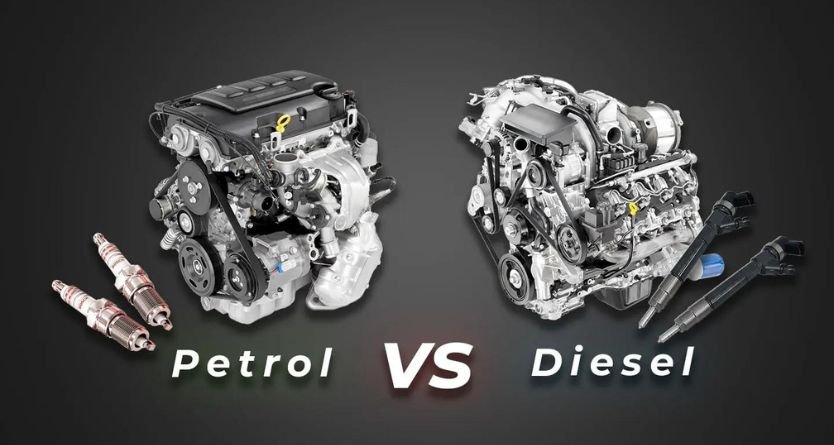

Understanding the Differences Between Diesel and Petrol Engines
Introduction:
The debate between diesel and petrol engines has been a long-standing conversation in the automotive world. Each has its merits and drawbacks, appealing to different driving preferences and needs. In this article, we dissect the intricacies of diesel and petrol engines, highlighting the distinctions that set them apart.
Fuel Composition:
- Diesel Engines: Diesel fuel is heavier and contains more energy per liter than petrol. It is less refined and has a higher energy density, providing more power per unit of volume.
- Petrol Engines: Petrol, also known as gasoline, is a lighter and more refined fuel. It combusts more rapidly than diesel, making it suitable for high-revving engines.
Combustion Process:
- Diesel Engines: Diesel engines operate on the principle of compression ignition. The air-fuel mixture ignites due to the high pressure created by compressing the air in the combustion chamber.
- Petrol Engines: Petrol engines utilize spark ignition. The air-fuel mixture is ignited by a spark plug, initiating the combustion process.
Efficiency and Fuel Economy:
- Diesel Engines: Diesel engines are generally more fuel-efficient than petrol engines. They extract more energy from each unit of fuel, leading to better mileage. This efficiency is particularly noticeable in highway driving conditions.
- Petrol Engines: While petrol engines have improved in efficiency over the years, they typically consume more fuel than their diesel counterparts. However, advancements in technology continue to close this gap.
Torque and Power:
- Diesel Engines: Diesel engines are renowned for their high torque output, making them well-suited for applications requiring heavy-duty performance, such as trucks and SUVs.
- Petrol Engines: Petrol engines often deliver higher peak power but may have lower torque at lower RPMs compared to diesel engines. This makes them more suitable for lighter vehicles and sportier driving conditions.
Emissions and Environmental Impact:
- Diesel Engines: Historically, diesel engines have been associated with higher levels of nitrogen oxide (NOx) and particulate matter emissions. However, modern diesel engines incorporate advanced emission control technologies to meet stringent environmental standards.
- Petrol Engines: Petrol engines traditionally emit fewer NOx and particulate matter, but they produce higher levels of carbon dioxide (CO2) per unit of energy. Advances in emission control systems and hybrid technologies are addressing these concerns.
Vehicle Applications:
- Diesel Engines: Diesel engines are often preferred in heavy-duty applications, such as commercial trucks, buses, and industrial vehicles. They are also common in SUVs and some passenger cars, especially in regions where fuel prices favor diesel.
- Petrol Engines: Petrol engines are prevalent in a wide range of vehicles, including sedans, hatchbacks, sports cars, and smaller SUVs. They are popular for their smooth and responsive performance.
Conclusion:
Understanding the differences between diesel and petrol engines provides valuable insights into the strengths and weaknesses of each. While diesel engines excel in efficiency and torque for heavy-duty applications, petrol engines offer a more diverse range of applications and are continually evolving to meet modern environmental standards. The choice between the two ultimately depends on the specific needs and preferences of the driver, as well as the regional availability and pricing of fuels.
Add a comment Cancel reply
Categories
- Car Gadgets (17)
- Car News (33)
- Car Reviews (43)
- Car Wars (7)
- Mechanicals (32)
- Uncategorized (2)
Recent Posts
About us

Popular Tags
Related posts


Essential Car Repair Skills Every Driver Should Know

All About Wheel Balancing








